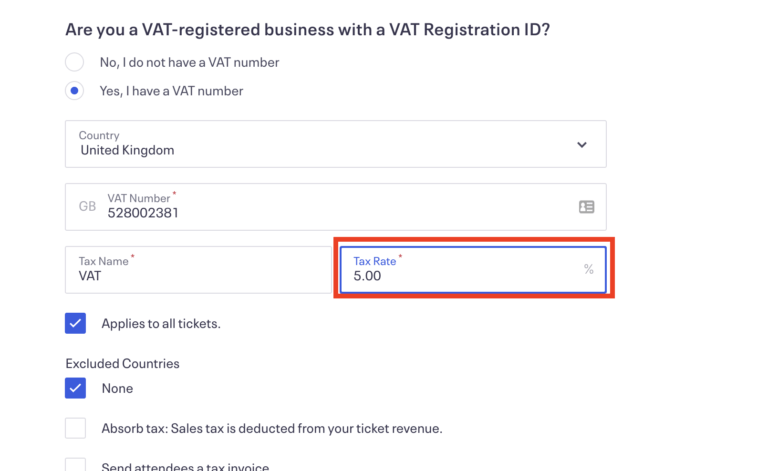With the concerns of Janet Yellen and Hillary Clinton notwithstanding, there isn’t enough cryptocurrency in the world to bail out Russia from the economic hole which it now finds itself to be settling into. Even if there were a large enough supply, it probably wouldn’t enable the state to escape the scourge of a Western embargo.
As David Carlisle, director of policy and regulatory affairs at Elliptic, told Cointelegraph: “It’s critical to keep in mind that even where nefarious actors attempt to use crypto, law enforcement can trace this activity owing to its transparency, and crypto businesses can use solutions such as blockchain analytics to comply with sanctions requirements.”
Despite Clinton’s worries that the largest crypto exchanges aren’t doing enough to shut Russia’s possible escape hatch, it isn’t even clear that Russia’s political and business elite are actually even looking for a cryptocurrency solution.
“Will Russia try to work around sanctions? Yes,” Matthew Le Merle, cofounder and managing partner of Blockchain Coinvestors, told Cointelegraph, but they won’t use crypto to do it. They’ll find other means through the already established (incumbent) global financial system — like the offshore entities and tax havens revealed in the 2016 Panama Papers.
Digital currencies are simply not a good way for Russian oligarchs and sanctions-evading institutions to move money. “You’d be a fool to use Bitcoin if you were a bad actor,” added Le Merle. With the clustering technologies and analytics capacity that the U.S. government and other enforcement agencies have today, “They know how to come after you.”
Recent events raised a slew of crypto-related questions — albeit overshadowed by the immense human tragedy unfolding in Europe, its most dire since the Bosnian War, if not WWII. Would the Russian government, along with its financial institutions, high officials and oligarchs, seek relief from Western sanctions relief in crypto and, if so, would it work?
If Russia’s ruling elites were to find haven in decentralized digital currencies — another black eye for crypto’s already-challenged reputation in some quarters — could that still be offset by the fact that crypto funds were flowing into Ukraine from individual (non-government) supporters abroad? Donations have been around $55 million since the start of the conflict, according to Elliptic. In other words, was the real lesson to be drawn that crypto is just a tool to work for victims and victimizers alike while being politically “neutral?”
Finally, what about the war’s billions of onlookers? What conclusions could be draw from the devastation and refugee flight of one million people already, according to the United Nations? Maybe something about the fragility of human society and institutions generally? And, if so, would they gravitate to decentralized digital currencies as part of an offshore wealth diversification strategy?
Russia may try to raise the escape hatch, but…
To be sure, it is no surprise that sanctioned Russians would reach for crypto under these circumstances. “It is highly likely sanctioned Russian individuals and entities will look to crypto as one avenue for skirting restrictions,” said Carlisle, a view shared by others including the U.S. Treasury.
More surprising, however, is how ineffective this might prove. “I don’t believe that the Russian government can rely on cryptocurrencies to offset sanctions’ impact,” Max Dilendorf, partner at the Dilendorf Law Firm, told Cointelegraph. “The economic impact caused by sanctions could run into hundreds of billions of dollars.” There probably isn’t enough Bitcoin
BTC

$18,114
or crypto in the world to mitigate economic damage of that magnitude, he said. Meanwhile, Carlisle added:
“Crypto alone can’t sustain Russia’s needs now. Russia’s total annual imports are more than $200 billion and its banking sector’s total assets are $1.4 trillion. There is simply no way crypto can fill the gap Russia requires.”
Michael Parker, counsel and head of the Anti-Money Laundering and sanctions practice at Ferrari & Associates, agreed that there basically isn’t enough crypto in the world to rescue Russia from its sanctions grip — though crypto could play some role at the margins by plugging holes.
Moreover, the idea that Russia suddenly could move out of USD into crypto for international transactions is “far fetched” for other reasons too, Parker, a former enforcement section chief at the U.S. Office of Foreign Assets Control (OFAC), told Cointelegraph.
There is the matter of anonymity — or lack thereof, for instance. Moving commodities on a large global scale is bound to be noticed, said Parker. Then, too, there is crypto’s volatility. Are commodities traders prepared to lose 10% within hours (potentially) in a commodities transaction because of crypto’s price gyrations? USD is the world’s de facto reserve currency for a reason — it is exceptionally stable.





